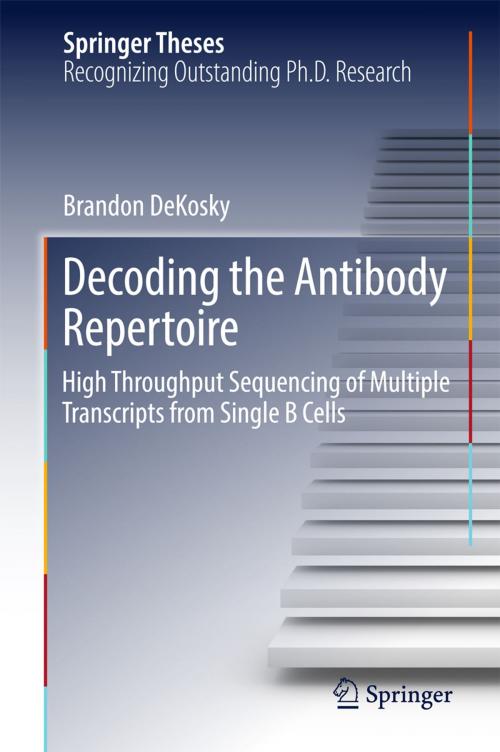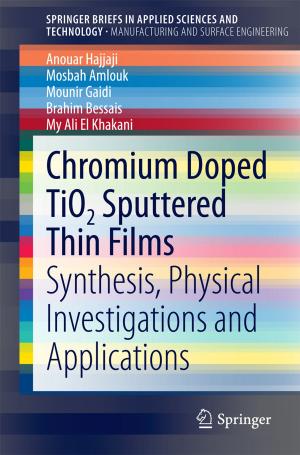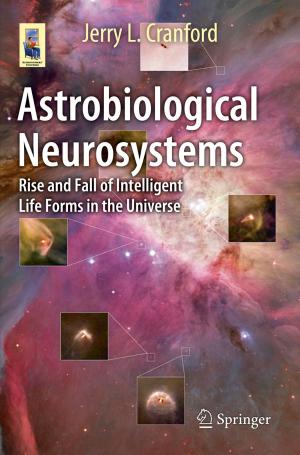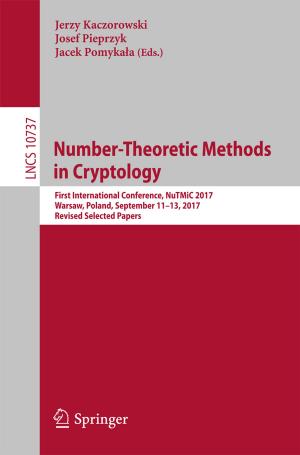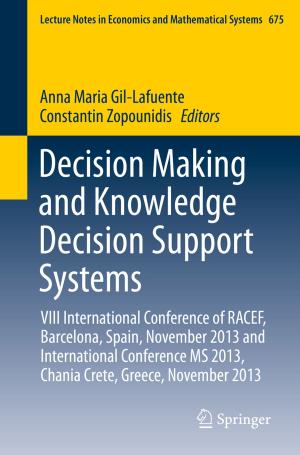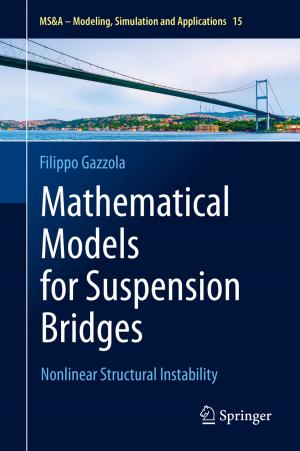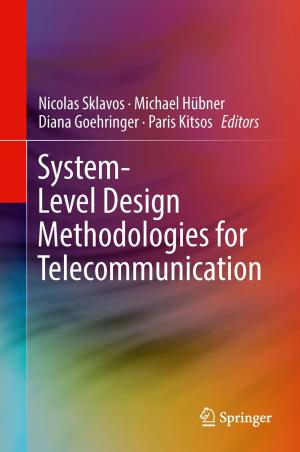Decoding the Antibody Repertoire
High Throughput Sequencing of Multiple Transcripts from Single B Cells
Nonfiction, Health & Well Being, Medical, Medical Science, Immunology, Science & Nature, Science, Biological Sciences, Genetics| Author: | Brandon DeKosky | ISBN: | 9783319585185 |
| Publisher: | Springer International Publishing | Publication: | May 29, 2017 |
| Imprint: | Springer | Language: | English |
| Author: | Brandon DeKosky |
| ISBN: | 9783319585185 |
| Publisher: | Springer International Publishing |
| Publication: | May 29, 2017 |
| Imprint: | Springer |
| Language: | English |
This thesis outlines the development of the very first technology for high-throughput analysis of paired heavy and light-chain antibody sequences, opening an entirely new window for antibody discovery and the investigation of adaptive immune responses to vaccines and diseases.
Previous methods for high-throughput immune repertoire sequencing have been unable to provide information on the identity of immune receptor pairs encoded by individual B or T lymphocytes. The author directly addresses these limitations by designing two new technologies for sequencing multiple mRNA transcripts from up to 10 million isolated, single cells.
The techniques developed in this work have enabled comprehensive interrogation of human B-cell repertoires and have been applied for rapid discovery of new human antibodies, to gain new insights into the development of human antibody repertoires, and for analysis of human immune responses to vaccination and disease.
This thesis outlines the development of the very first technology for high-throughput analysis of paired heavy and light-chain antibody sequences, opening an entirely new window for antibody discovery and the investigation of adaptive immune responses to vaccines and diseases.
Previous methods for high-throughput immune repertoire sequencing have been unable to provide information on the identity of immune receptor pairs encoded by individual B or T lymphocytes. The author directly addresses these limitations by designing two new technologies for sequencing multiple mRNA transcripts from up to 10 million isolated, single cells.
The techniques developed in this work have enabled comprehensive interrogation of human B-cell repertoires and have been applied for rapid discovery of new human antibodies, to gain new insights into the development of human antibody repertoires, and for analysis of human immune responses to vaccination and disease.
